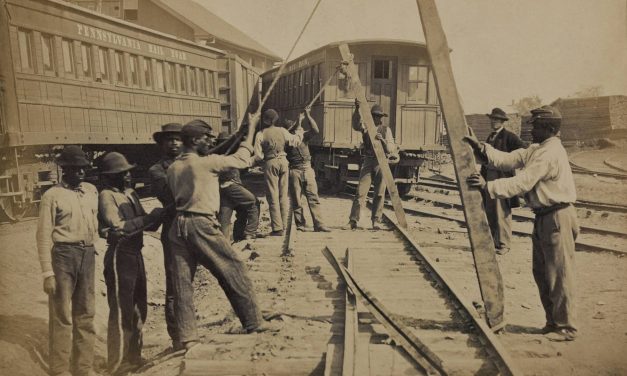Geostrategic Corruption: How China uses economic power to exert its influence in Latin America
By Eduardo Gamarra, Professor of Politics and International Relations, Florida International University; and Valeriia Popova, Professor of Politics and International Relations, Florida International University Corruption has long been a scourge in parts of Latin America. Traditionally, it has funneled down domestic routes, with local politicians, business interests and drug lords benefiting from graft and dodgy dealings. Indeed, a 2022 report from Transparency International found that 27 out of 30 countries in Latin America and the Caribbean have shown stagnant corruption levels with no improvement in recent years. But over the last two decades, a new form of corruption has...
Read More















